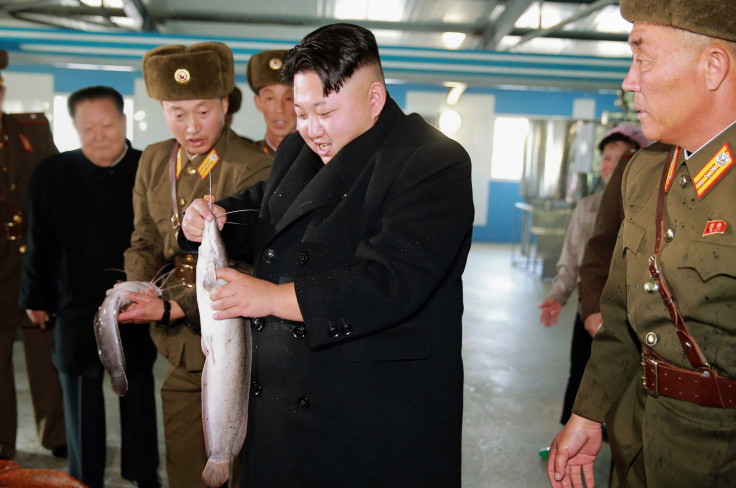UN Rights Envoy Urges Prosecution Of North Korean Leader

The United Nations human rights investigator called on Monday for North Korean leader Kim Jong Un and senior officials to be prosecuted for committing crimes against humanity.
Marzuki Darusman said North Korea is devoting huge resources to developing nuclear and other weapons of mass destruction while many of its citizens lack sufficient food.
He was addressing the U.N. Human Rights Council at a session boycotted by the delegation of the Democratic People's Republic of Korea (DPRK). The European Union and United States supported his call for accountability without naming the leader.
China, Pyongyang's ally, took a more conciliatory tone, saying human rights issues should not be politicized and calling for a comprehensive approach to dealing with North Korea.
North Korea Foreign Minister Ri Su Yong, in a speech to the Geneva forum on March 1, said it would boycott any session that examined its record and would "never, ever" be bound by any such resolutions.
Darusman, referring to his report issued last month, said: "I would like to reiterate my appeal to the international community to move forward to ensure accountability of the senior leadership of the Democratic People's Republic of Korea, including that of Mr. Kim Jong Un."
This could be via the International Criminal Court (ICC) but failing consensus among major powers, North Korea's leadership could be prosecuted in a third country, he said.
Political prison camps, torture, "slave-like labor" and religious persecution remain features of the state apparatus, two years after a landmark U.N. investigation into crimes against humanity, Darusman said.
"The denial of human rights to its citizens internally and this aggressive behavior externally are basically two sides of the same coin. The country is pouring a large amount of resources into developing weapons of mass destruction, while large parts of its population continue to suffer from food insecurity...," he added.
North Korea conducted its fourth nuclear test in January, followed by its launching of a long-range missile the following month.
Robert King, U.S. envoy on the DPRK, said that the Obama administration "strongly supports the call for accountability".
© Copyright Thomson Reuters 2024. All rights reserved.











